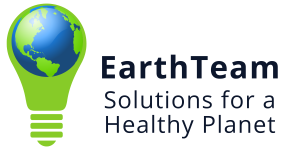Freeland
Trafficking Free Enterprises and Frontline Trainings
Trafficking of wildlife is perhaps the 4th largest form of black market trade int the world. Once wild animals are captured, dead or alive, from their natural environments (or released illegally from zoos for commercial trade) they are professional smuggled to urban areas or across borders en route to storage facilities or markets. As this crime trail moves beyond the jurisdiction of protected areas, every part of the enforcement chain must be trained to detect wildlife crime in order to find the culprits and prevent them from striking again.
Wild animals (dead and alive) are transported along their supply chains the same way legal commodities are, and are in fact often mixed with legal cargo on trucks, commercial airlines, ships, etc. Owners ands staff working in airports, seaports, and shipping companies do not know they are unwittingly facilitating trafficking, as they do not know what to look, what is illegal, and who to report to.
Freeland trains corporate staff to be aware of, and help prevent wildlife or human trafficking in their business area of responsibility. Staff working for airlines and airports, freight forwarders and seaports, as well as banks, hotels, and other companies are participating in Freeland training and awareness programs that create trafficking free zones. Here is one sample toolkit for the aviation industry developed by Freeland: https://www.c4cwt.org/
Frontline trainings like CTOC, DETECT, PROTECT are comprehensive guides to reducing wildlife crime. The programs mixes the theoretical and the practical with on-the-job training, forensics, and intelligence sharing, to list a few.
For more information, visit: https://www.freeland.org/

